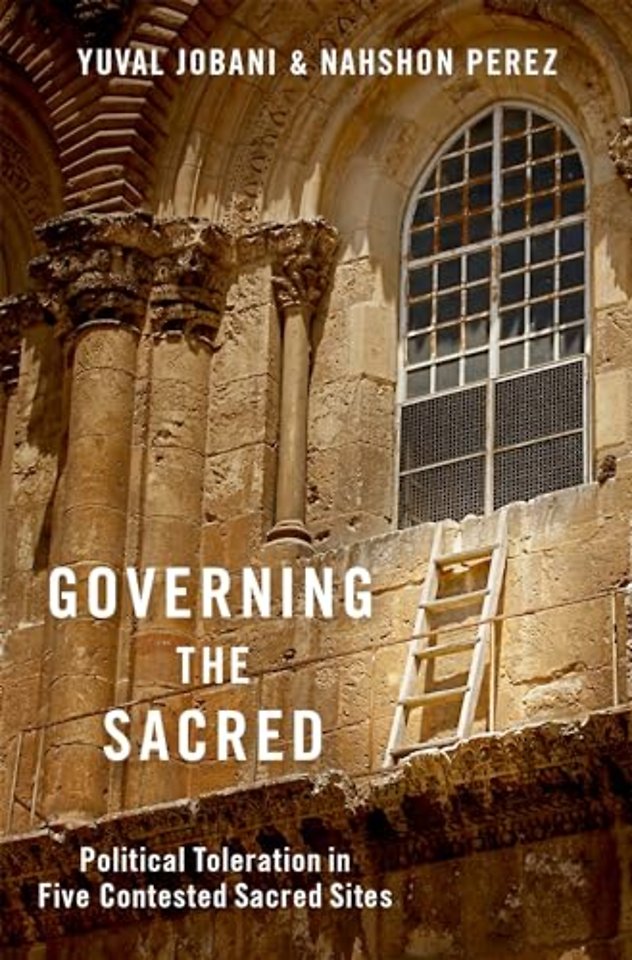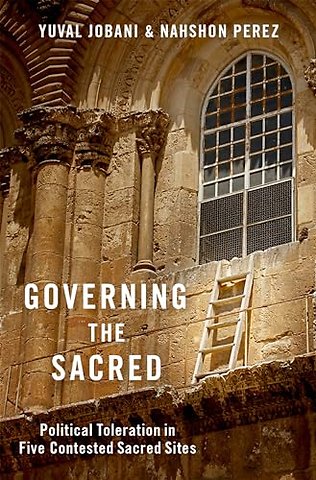Governing the Sacred
Political Toleration in Five Contested Sacred Sites
Samenvatting
Holy sites are often at the center of intense contestation between different groups regarding a wide variety of issues, including ownership, access, usage rights, permissible religious conduct, and many others. They are often the source of intractable long-standing conflicts and extreme violence.
These difficulties are exemplified by the five sites profiled in Governing the Sacred : Devils Tower National Monument (Wyoming, US), Babri Masjid/Ram Janmabhoomi (Uttar-Pradesh, India), the Western Wall (Jerusalem), the Church of the Holy Sepulchre (Jerusalem), and the Temple Mount/Haram esh-Sharif (Jerusalem). Telling the fascinating stories of these high-profile contested sites, the authors develop and critically explore five different models of governing such sites: "non-interference," "separation and division," "preference," "status-quo," and "closure."
Each model relies on different sets of considerations; central among them are trade-offs between religious liberty and social order. This novel typology aims to assist democratic governments in their attempt to secure public order and mutual toleration among opposed groups in contested sacred sites.
Specificaties
Net verschenen
Rubrieken
- aanbestedingsrecht
- aansprakelijkheids- en verzekeringsrecht
- accountancy
- algemeen juridisch
- arbeidsrecht
- bank- en effectenrecht
- bestuursrecht
- bouwrecht
- burgerlijk recht en procesrecht
- europees-internationaal recht
- fiscaal recht
- gezondheidsrecht
- insolventierecht
- intellectuele eigendom en ict-recht
- management
- mens en maatschappij
- milieu- en omgevingsrecht
- notarieel recht
- ondernemingsrecht
- pensioenrecht
- personen- en familierecht
- sociale zekerheidsrecht
- staatsrecht
- strafrecht en criminologie
- vastgoed- en huurrecht
- vreemdelingenrecht

